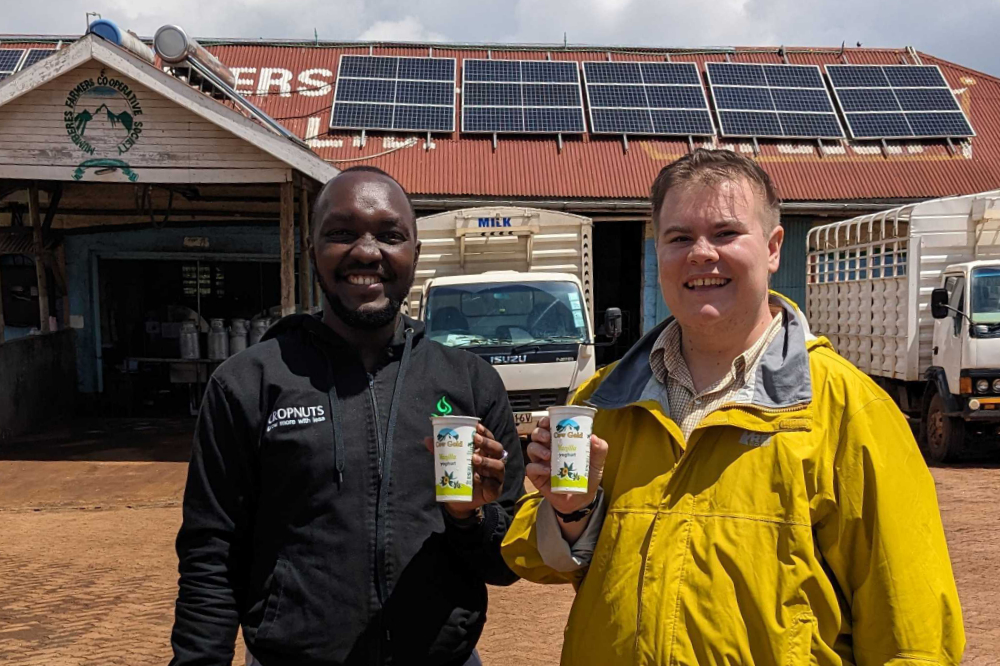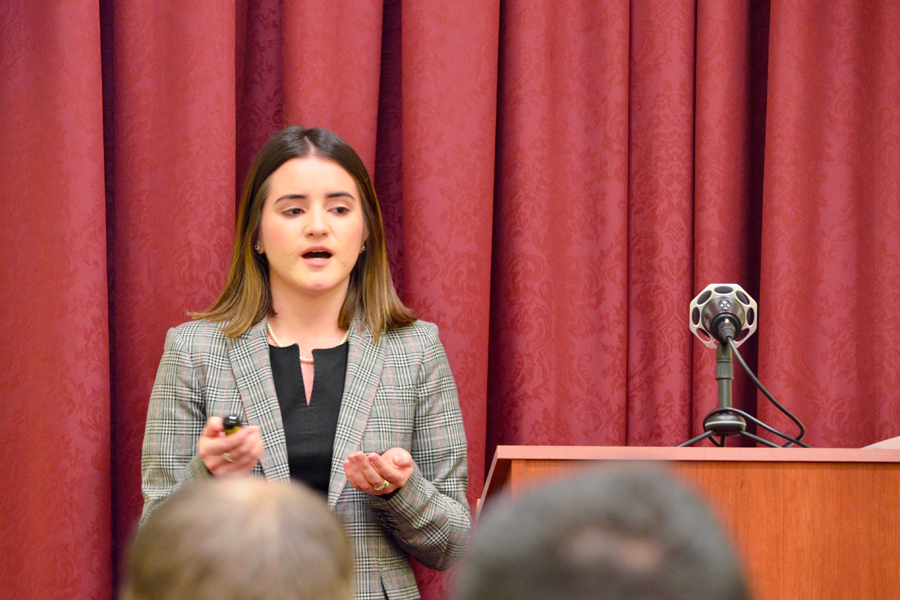Root Causes of Hunger
Hunger doesn’t just “happen.”
It’s a symptom—a product of intertwined circumstances and underlying causes that perpetuate poverty. We can never find a lasting long-term solution for hunger without also addressing these root causes, or without following the leadership of people with firsthand lived experience of poverty and hunger.
Low wages, unemployment and poverty all lead to food insecurity. Extreme weather and pests can destroy crops and reduce food production. Conflict destroys crops and markets, forces people to leave their homes and jobs, and prevents children from getting the nutrition they need.
We work to ending hunger through focusing on its root causes including economic factors, social and environmental issues, and conflict.
More StorieS

Sign Up for 2025 Martin Luther King Jr Day of Service Learning Challenge
Over the past two years, more than 800 people have volunteered their time with the Hunger Center to learn about food insecurity, the root causes of hunger, and effective solutions throughout the U.S. through the Martin Luther King Day of...
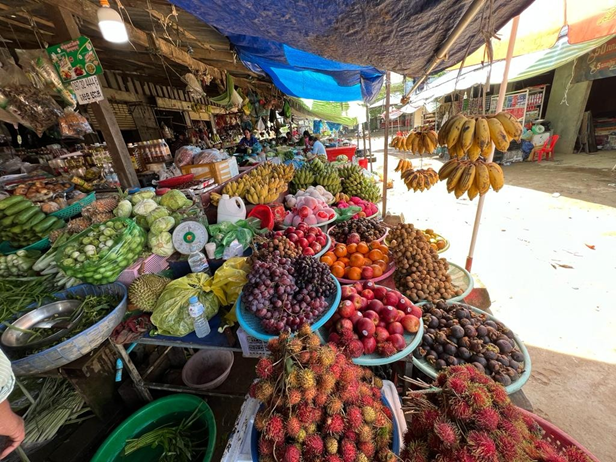
Humans are Complex: Why Our Approaches to Nutrition Behavior Change Must be Too
Bailey Adams unpacks how social and behavior change approaches can be used to improve nutrition in Cambodia....
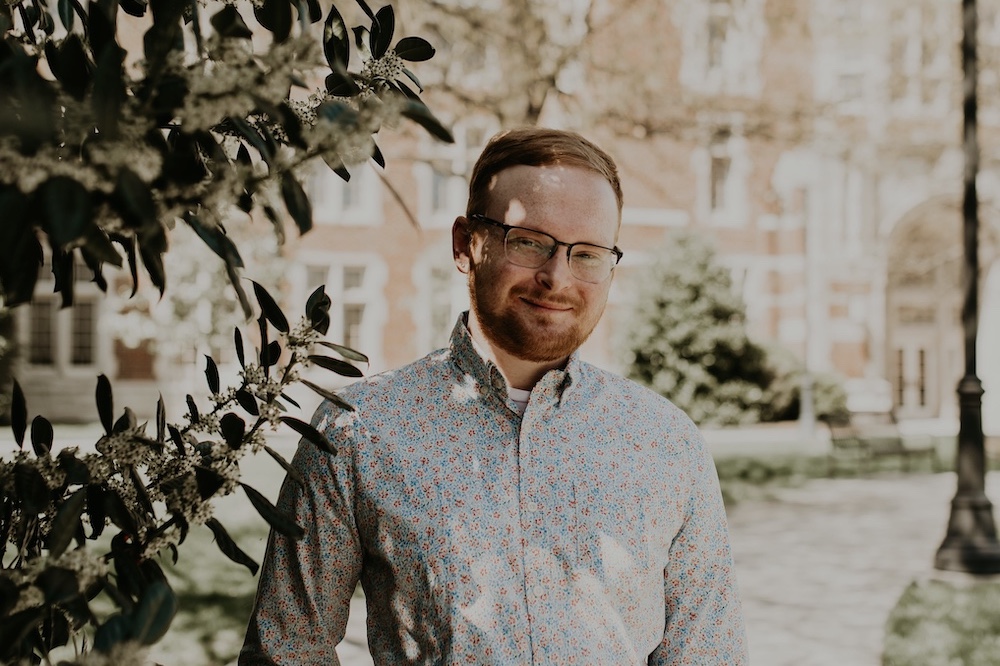
Fighting Poverty With the Tax Code: EITC, CTC, and Building Financial Stability
Emerson Fellow Blake Turpin on the connections between housing security, hunger, and the Earned Income Tax Credit....
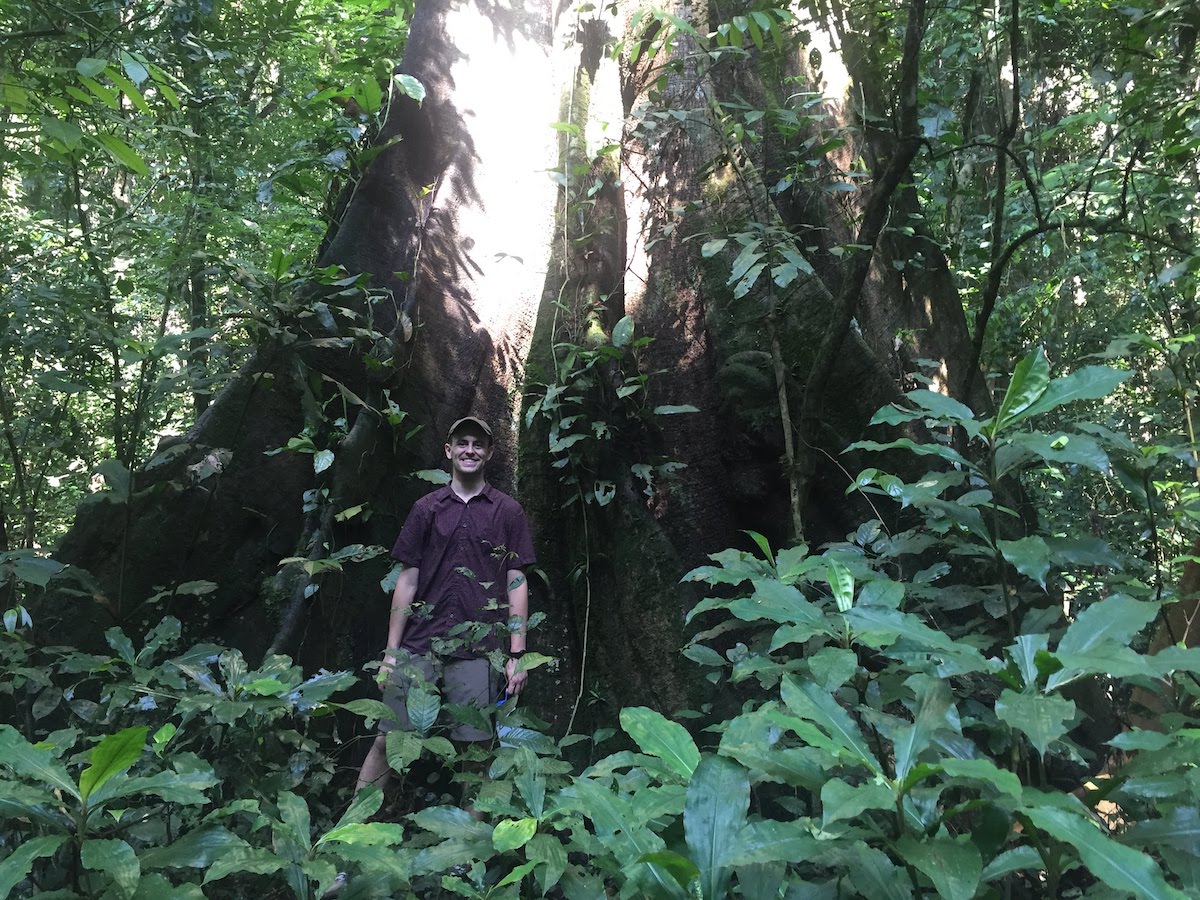
Keeping the Yam Intact: Land Justice & Cocoa in Côte d’Ivoire
The open question of land tenure has held back agricultural production in Côte D’Ivoire. Leland Fellow Dan Myers writes about his work in Abidjan with World Cocoa Foundation....
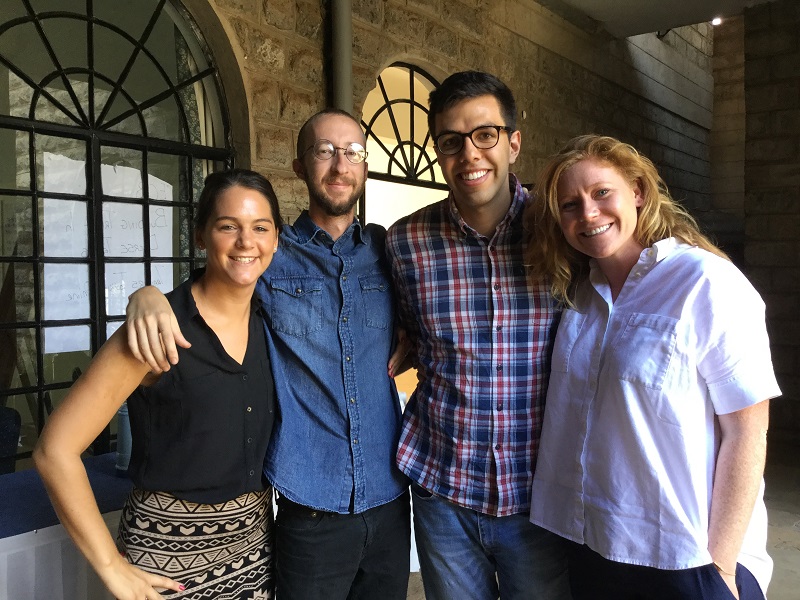
Field Site Spotlight: Anthony Slaton
Leland Fellow Anthony Slaton’s work with Adonai Partners in Uganda supported agricultural resilience livelihoods in communities still rebuilding after conflict....
Our work building resilient food systems is generously supported by our partners.
Gold Sponsor

Silver Sponsor


